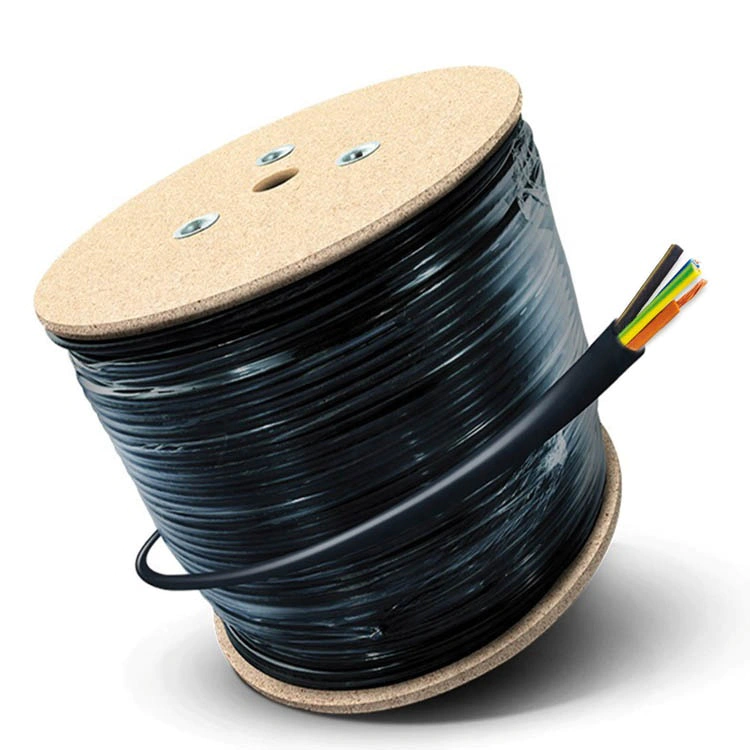In the world of electrical wiring, the material used in the construction of wires plays a crucial role in determining the quality and performance of the electrical system. One common question that often arises is whether electrical wire is truly 100% copper. In this article, we will delve into the intricacies of electrical wiring to uncover the truth behind this question.
First and foremost, it is important to understand that not all electrical wires are made of 100% copper. While copper is widely recognized for its excellent conductivity and durability, some electrical wires are actually made with a copper-clad aluminum (CCA) construction. CCA wires consist of an aluminum core coated with a thin layer of copper, offering a more cost-effective alternative to pure copper wires.
However, when it comes to the quality and performance of electrical wiring, pure copper wires are often preferred over CCA wires. Pure copper wires provide superior conductivity, corrosion resistance, and overall reliability compared to CCA wires. This is especially important in applications where high electrical conductivity is essential, such as in residential wiring, industrial installations, and automotive systems.
To ensure that you are using genuine 100% copper wire, it is recommended to look for reputable manufacturers and suppliers that explicitly state the material composition of their wires. Additionally, conducting a simple visual inspection of the wire can also help distinguish between pure copper and CCA wires. Pure copper wires typically have a distinct reddish color, while CCA wires may appear slightly lighter in color due to the aluminum core.
In conclusion, while not all electrical wires are 100% copper, understanding the differences between pure copper and CCA wires is essential in making informed decisions when selecting wiring materials for your electrical projects. Opting for pure copper wires can help ensure optimal performance, longevity, and safety in your electrical systems.





+ There are no comments
Add yours